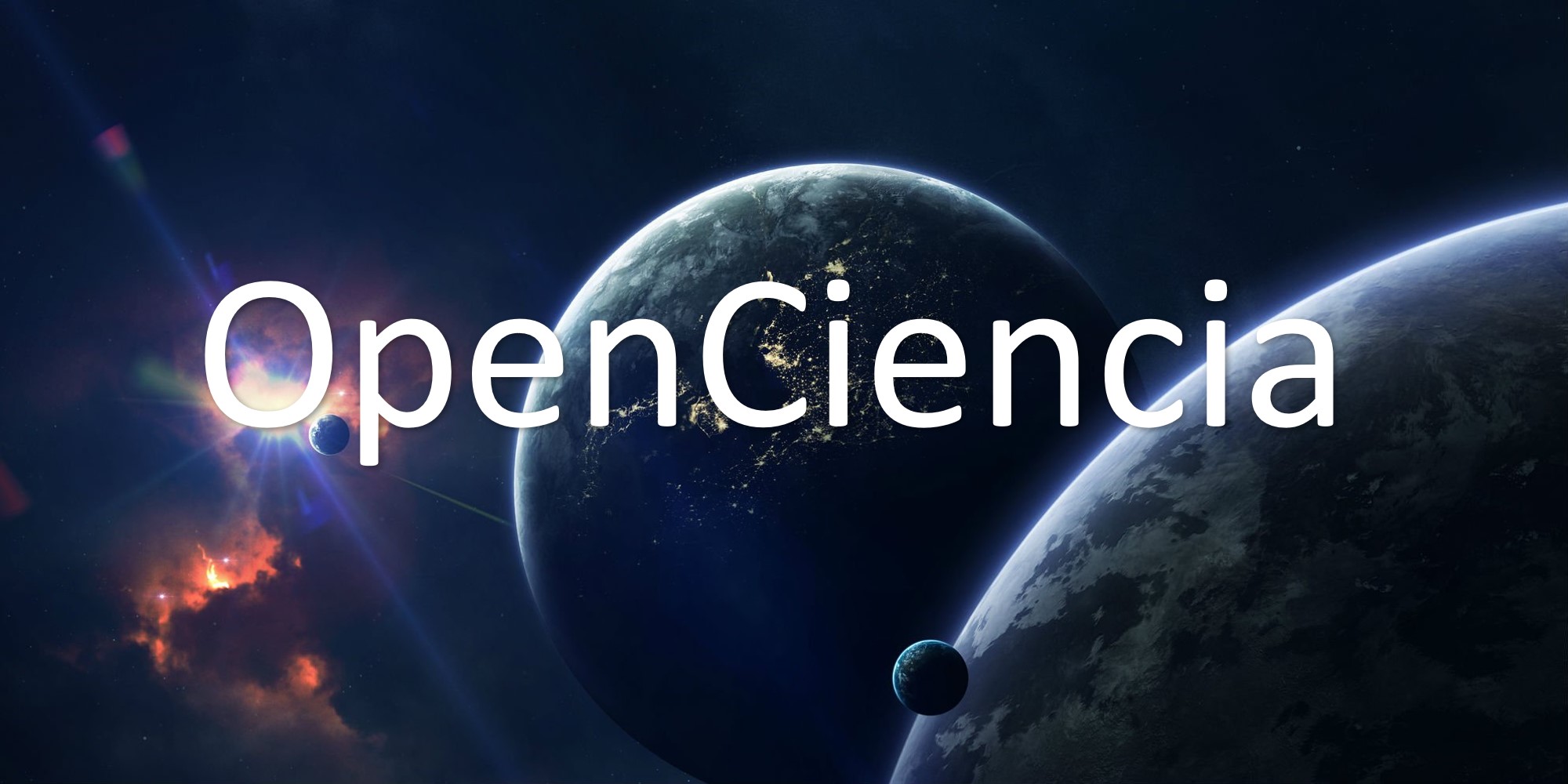Online Submissions
Already have a Username/Password for OpenCiencia Events?
Go to Login
Need a Username/Password?
Go to Registration
Registration and login are required to submit items online and to check the status of current submissions.
Submission Preparation Checklist
- The submission has not been previously published, nor is it before another conference for consideration (or an explanation has been provided in Comments to the Director).
- It's an original study.
- It's an ongoing empirical study or has been completed. I guarantee that I'm able to present the results at the event.
- The study is related to the issues of theses and dissertations conducted by Bachelor, Master and Ph.D. students.
- The submission file of the abstract is in Microsoft Word. In addition, the submission file of the presentation is in Microsoft Power Point or other presentation software.
- All URL addresses in the text (e.g., http://pkp.sfu.ca) are activated and ready to click.
- The text is double-spaced; uses a 12-point Times New Roman font.If you want to emphasize something in the abstract, please change the font into italics. In addition, I've included in-text citations in the abstract when addressing the research problem.
- The abstract is written in APA 7th. style. It contains between 150 and 300 words. Likewise, it includes the research problem, research questions, method, results, discussion and conclusions.
- The presentation is prepared in Microsoft Power Point or other software for presentations. Moreover, it includes the research problem, research questions, method, results, discussion and conclusions.
- The presentation includes figures and tables that are included right after the text that mentions them.
Copyright Notice
Authors who submit to this event agree to the following terms:
a) Authors retain copyright over their work, while allowing the event website to place this unpublished work under a Creative Commons Attribution License 4.0, which allows others to freely access, use, and share the work, with an acknowledgement of the work's authorship and its initial presentation at this event.
b) Authors are able to waive the terms of the CC license and enter into separate, additional contractual arrangements for the non-exclusive distribution and subsequent publication of this event proceeding (e.g., publish a revised version in a journal, post it to an institutional repository or publish it in a book), with an acknowledgement of its initial presentation at this event.
c) In addition, authors are encouraged to post and share their work online (e.g., in institutional repositories or on their website) at any point before and after the event.
Privacy Statement
The data collected from registered and non-registered users of this event falls within the scope of the standard functioning of peer-reviewed events. It includes information that makes communication possible for the editorial process; it is used to informs readers about the authorship and editing of content; it enables collecting aggregated data on readership behaviors, as well as tracking geopolitical and social elements of scholarly communication.
This event's editorial team uses this data to guide its work in publishing and improving this event. Data that will assist in developing this publishing platform may be shared with its developer Public Knowledge Project in an anonymized and aggregated form, with appropriate exceptions such as conference proceedings metrics. The data will not be sold by this website or PKP nor will it be used for purposes other than those stated here. The authors published in this events website are responsible for the human subject data that figures in the research reported here.
Those involved in editing this event seek to be compliant with industry standards for data privacy, including the European Union’s General Data Protection Regulation (GDPR) provision for “data subject rights” that include (a) breach notification; (b) right of access; (c) the right to be forgotten; (d) data portability; and (e) privacy by design. The GDPR also allows for the recognition of “the public interest in the availability of the data,” which has a particular saliency for those involved in maintaining, with the greatest integrity possible, the public record of scholarly publishing.

This work is licensed under a Creative Commons Attribution 3.0 License.
 International Conferences about Theses and Dissertations
International Conferences about Theses and Dissertations
